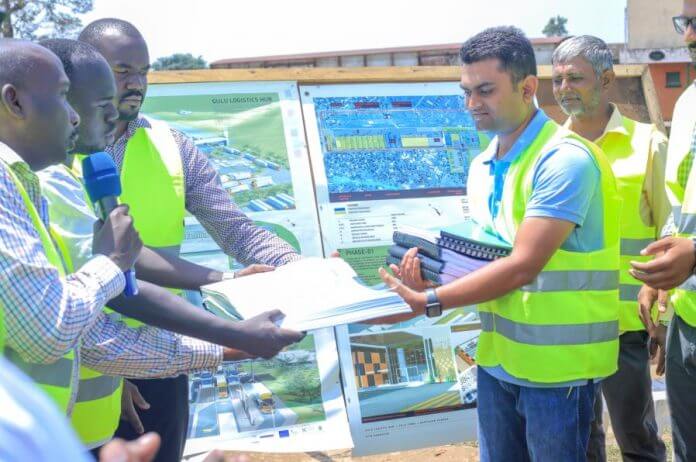The European Union and the African, Caribbean and Pacific (ACP) countries are extending the Cotonou Agreement to December this year, after failing to reach a consensus on the structure of future relations. When the EU and 79 ACP countries adopted the Cotonou Agreement in 2000, they aimed at reducing/eliminating poverty and integrating ACP countries into the world economy. EU chief negotiator Jutta Urpilainen said the blocs are looking at a post-Cotonou partnership that addresses today’s realities, meets mutual needs and champions a common vision of solidarity and progress. The current agreement that governs trade and political relations between the two blocs was set to expire on February 29. It is based on three pillars: Development co-operation, economic and trade co-operation and political dimension. Formal negotiations between the EU and ACP countries have been ongoing since October 2018 but differences on the issue of migration and trade regimes has made it impossible for the groupings to reach a consensus. Analysts say that following Brexit and with new realities particularly the emergence of China in world trade and geopolitics, ACP countries want to push for a binding agreement that addresses their interests. For Africa, mutually beneficial strategic partnerships akin to those being pursued with individual countries like UK, US, China and Russia are key. Failure to reach agreements on the economic partnership agreements, a key component of the Cotonou Agreement has exposed structural weaknesses in EU’s relationship with ACP countries, leading to prolonged stagnation in trade. “The Cotonou Agreement has benefited Africa in...
After talks fail, Cotonou pact extended to December
Posted on: March 2, 2020
Posted on: March 2, 2020

















